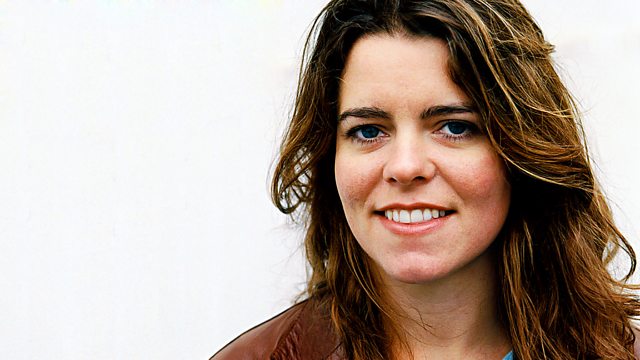Elizabeth Loftus and Eye Witness Testimony
Claudia Hammond meets Elizabeth Loftus, the psychologist whose research into eye witness testimony and the fallibility of memory changed how police and courts deal with witnesses.
Elizabeth Loftus is the highest-ranking female in the list of top 100 psychologists. She's gained world-wide renown for her experiments showing that memory, far from being an accurate record, is influenced by subsequent exposure to information and events and is re-constituted according to the biases these create.
Claudia Hammond meets the creator of several classic experiments, who broke new ground with the filmed simulations of road accidents she showed to subjects in the 1970s. These studies revealed that witness reports of the same incident varied according to the wording used by the questioner, giving rise to the development of the 'cognitive interview' - witness-led it avoids questioner-bias. Loftus' work has changed the way witnesses are dealt with throughout the legal system.
Having shown that existing memories can be altered, Loftus was inspired to try to implant a whole false memory by the rise in cases of 'recovered' memories of violence and abuse in childhood. Her 'Lost in the Mall' and 'Bugs Bunny' studies proved that she could - in 30% of subjects - make them believe something that had never happened was part of their childhood history.
Loftus has inspired much work in the field of memory, including that of Barbara Tversky, on how memory reflects the spin put on a story.
Lorraine Hope, of Portsmouth University, has used the Cognitive Interview to develop the Self-Administered Interview (SAI), trialled by Greater Manchester Police. Steve Retford of their Major Incident Team is convinced of its benefits.
Loftus' former friends and teachers at Stanford - Gordon Bower, Lee Ross and Brian Wandell - remember a fun-loving and forceful young woman, while Gillian Cohen reviews her influence in the UK.
Last on
More episodes
Broadcast
- Sun 17 Apr 2011 13:3091热爆 Radio 4
Featured in...
![]()
Psychology of the Mind
A selection of programmes and clips relating to the psychology of the mind


